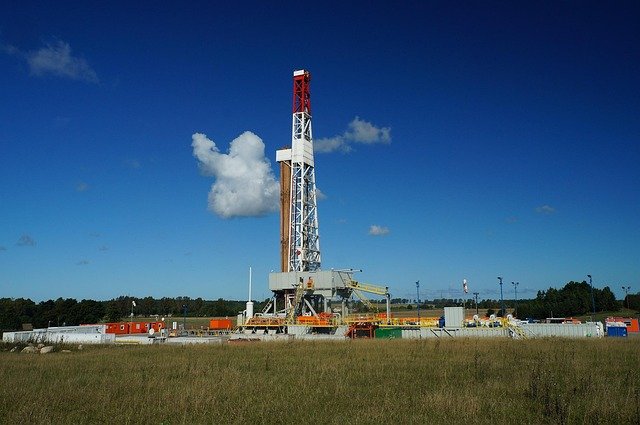What to Know Before Applying for an Oil Rig Job
Oil rig jobs demand focus, physical endurance, and teamwork. Applicants often wonder what to expect from such roles, from daily routines to safety training. Understanding these basics can help align your skills with industry expectations and job requirements.

Basic Qualifications and Physical Requirements
Oil rig positions typically require candidates to be at least 18 years old with a high school diploma or equivalent. Physical requirements include:
-
Ability to lift 50+ pounds regularly
-
Capability to work in various weather conditions
-
Pass regular drug screenings and medical examinations
-
Clear vision and hearing
-
Stamina for 12-hour shifts
Note: Specific requirements vary by employer and position level. Meeting basic qualifications does not guarantee employment.
Required Training and Certifications
Essential training requirements include:
-
BOSIET (Basic Offshore Safety Induction and Emergency Training)
-
H2S (Hydrogen Sulfide) safety certification
-
First aid and CPR certification
-
Fire safety training
-
Additional specialized certifications based on role
Most employers provide job-specific training after hiring, but basic safety certifications are typically required beforehand.
Offshore vs. Land-Based Positions
Understanding the key differences between offshore and land-based roles helps in making an informed career choice:
Land-Based Positions:
-
Regular shifts with potential to return home daily
-
Lower base pay compared to offshore work
-
More entry-level opportunities
-
Less isolation
Offshore Positions:
-
Extended rotation schedules (typically 2-3 weeks on, 2-3 weeks off)
-
Higher compensation
-
More demanding living conditions
-
Greater isolation from family
Safety Expectations and Protocols
Safety is paramount in oil rig operations. Workers must:
-
Follow strict safety procedures and protocols
-
Wear appropriate Personal Protective Equipment (PPE)
-
Participate in regular safety drills
-
Report potential hazards immediately
-
Maintain constant communication with team members
Compensation and Schedule Expectations
Average compensation ranges for oil rig positions:
| Position Level | Experience Required | Base Salary Range |
|---|---|---|
| Entry Level | 0-2 years | $47,000-$65,000 |
| Mid-Level | 2-5 years | $65,000-$95,000 |
| Senior Level | 5+ years | $95,000-$130,000+ |
Prices, rates, or salary estimates mentioned in this article are based on the latest available information but may change over time. Independent research is advised before making financial decisions.
Important Notice: This article provides general information about oil rig employment opportunities. Job availability, requirements, and compensation vary significantly by employer, location, and market conditions. Readers should conduct independent research and directly contact employers or recruiting agencies for current opportunities and specific requirements. No specific job opportunities are promised or implied by this informational overview.
Daily Responsibilities and Work Environment
Common duties include:
-
Equipment operation and maintenance
-
Regular safety inspections
-
Documentation of operations
-
Team coordination
-
Emergency response preparation
Work environments are challenging, requiring adaptation to confined spaces, extreme weather, and strict safety protocols. Success depends on maintaining focus, following procedures, and working effectively within a team structure.
The oil rig industry offers significant opportunities but requires careful consideration of personal capabilities, lifestyle preferences, and career goals. Thorough research and preparation are essential before pursuing this demanding but potentially rewarding career path.




